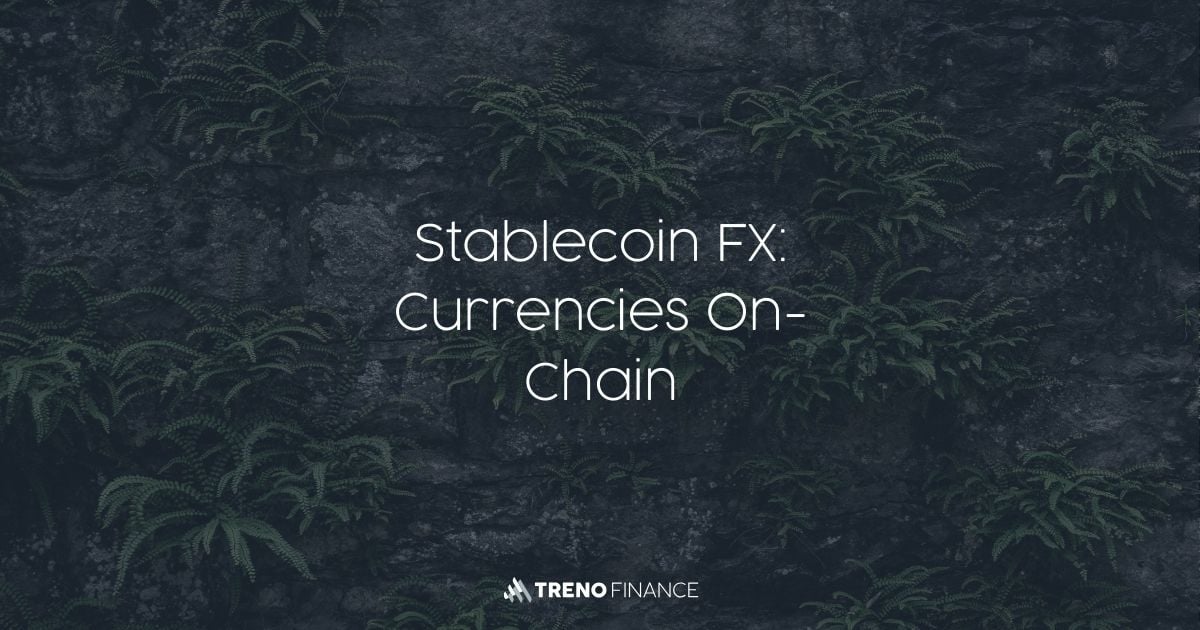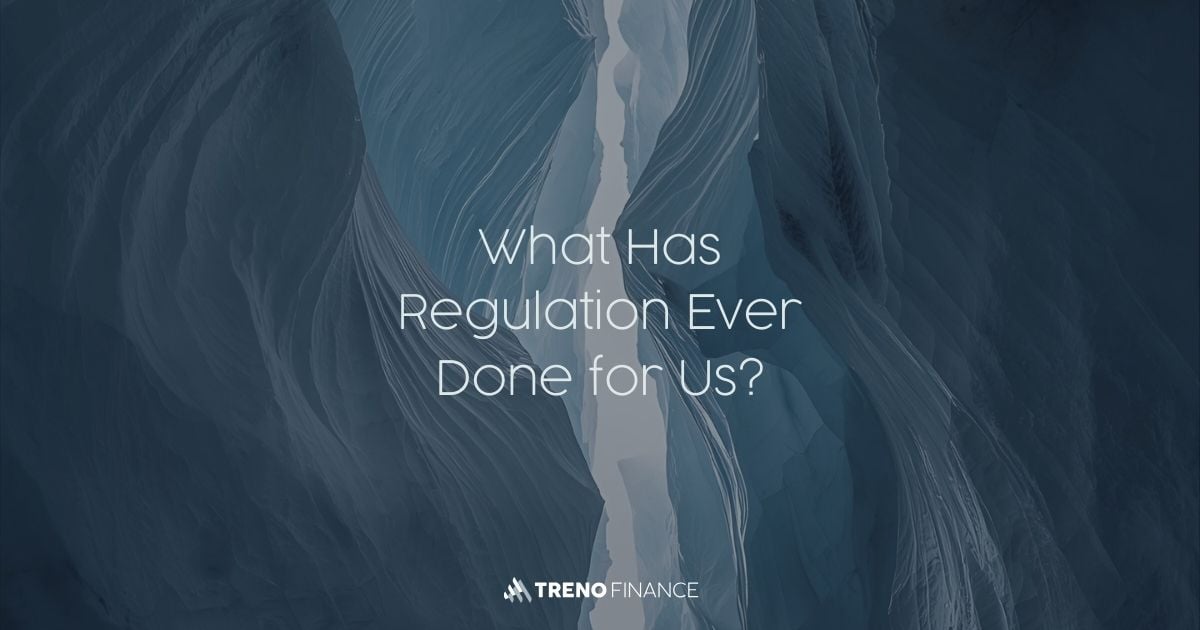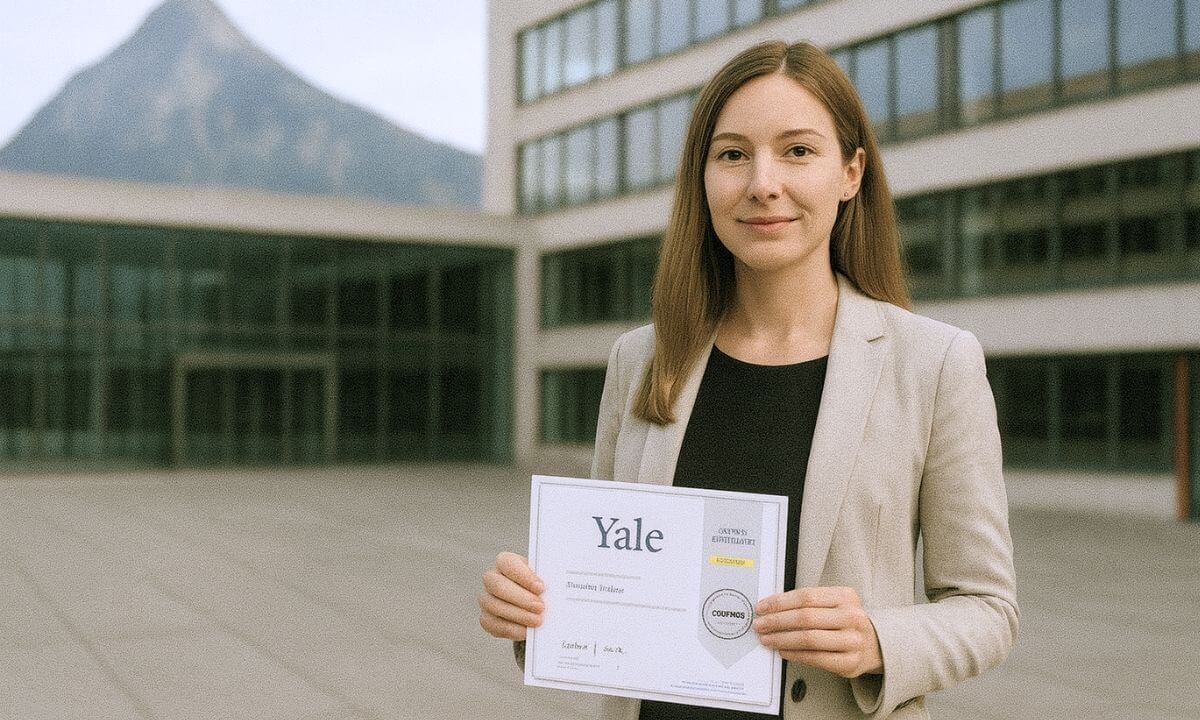Analysis of the Investment Management Specialization at the University of Geneva

Founder
The course offers a sound academic foundation. The certificate from the University of Geneva guarantees quality. Ideal for participants who want to fundamentally secure their knowledge – theoretical depth takes precedence over short-term market trends here.
1. Motivation and Context
Continuous education in the financial sector is essential for making well-founded decisions. Professional life often leaves little time for classic university studies. This is where MOOCs (Massive Open Online Courses) come in.
In Switzerland, CAS programs (Certificate of Advanced Studies) are highly regarded but are often associated with high costs and strict schedules. The "Investment Management Specialization" of the University of Geneva on Coursera positions itself as a flexible, academically sound alternative.
This report analyzes the course not only from the perspective of pure knowledge acquisition but also evaluates the relevance of the certificate and the didactic quality. The goal is to clarify whether the program conveys a deep understanding of the subject matter and how it stands out from superficial "investment communities". It is about substantial understanding of technical and economic contexts, not speculative trends.
2. Fact Sheet
| Field | Details |
|---|---|
| Platform | Coursera |
| Provider | Université de Genève |
| Duration | approx. 1–4 months (flexible, at own pace) |
| Cost | from approx. 50 € per month |
| Degree | 5 Course Certificates & 1 Final Certificate |
| Course 1 | Understanding Financial Markets |
| Course 2 | Meeting Investors' Goals |
| Course 3 | Portfolio and Risk Management |
| Course 4 | Securing Investment Returns in the Long Run |
| Course 5 | Planning your Client's Wealth over a 5-year Horizon |
| Link | Investment Management |
| Language | English (German subtitles available) |
💡 Note: Each course can also be completed individually.
🌍 Language: Although subtitles are available, it is recommended to process the content in English, as the technical terminology of the financial world is English-based.
3. Content and Didactics
The specialization is primarily led by Michel Girardin. The structure is academically driven but optimized for the digital format.
- Structure: Clear separation of modules into logical units. Unnecessary complexity is avoided without neglecting professional depth.
- Material: Combination of video lectures, slides, and accompanying articles.
- Exams: At the end of each module, there are multiple-choice tests. These systematically query understanding but sometimes exhibit semantic ambiguities that require precise reading.
4. Field Report
Standards and Time Management
The content initially seems accessible but requires a high degree of initiative for deep understanding. Passive consumption is not enough; taking notes and reworking concepts is necessary. The time commitment is flexible but should be realistically planned at around 5–10 hours per week.
Quality of Teaching
The instruction by Michel Girardin is professional and didactically high-quality. Dry subject matter is made tangible through practical examples. The visual presentation of videos and slides corresponds to modern standards.
Interaction
As is common with MOOCs, forums and peer-review mechanisms exist. However, professional exchange there rarely reaches an academic level. The focus is clearly on self-study.
Exam Situation
The tests are manageable but demand concentration on details. Caution is advised, especially with negatively phrased questions. Careful examination of the question is often more important than answering quickly.
Timeframe: For the entire specialization, a period of approx. one month is realistic with intensive work.
5. Analysis: Strengths and Weaknesses
Strengths
- Structure: Logical structure and clear learning objectives.
- Foundation: Conveyance of standard models and methods of the financial world (e.g., Modern Portfolio Theory).
- Practical Relevance: The final project forces the application of knowledge in Excel.
- Reputation: The University of Geneva stands for quality and independence.
Weaknesses
- Prerequisites: Basic Excel skills are partly tacitly assumed.
- Exam Design: Occasionally ambiguous formulations in the tests.
- Engagement Arc: Academic necessity partly leads to dry passages.
Conclusion: The course sharpens the understanding of systematic investing. It replaces gut feeling with models and discipline. Even if concepts like Value at Risk (VaR) are rarely calculated in private everyday life, understanding their derivation is valuable for risk assessment.
6. Audience Classification
Beginners
The course is doable without a specific financial background but presupposes interest in mathematical foundations. "State of the Art" knowledge is conveyed, forming a solid basis for further deepening.
Experienced Investors
For investors with market experience, the course offers less new factual knowledge but a valuable systematization. The certificate serves as objective proof of competence and underscores the claim to work according to international standards.
Professionals
The program is suitable as a qualified entry or additional qualification. It signals commitment and the ability to penetrate complex issues academically.
Finance Professionals
For persons with a completed finance degree, the course primarily offers a refresher. The academic added value is limited in this case, as the content is often part of undergraduate studies.





